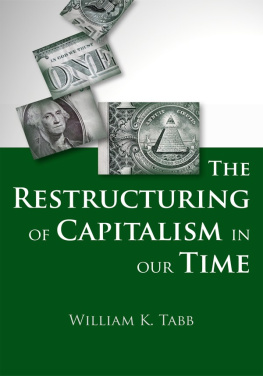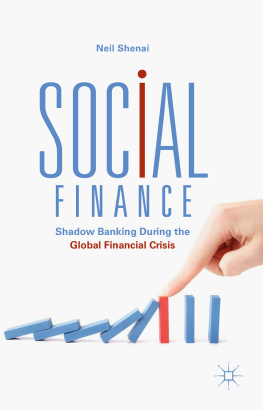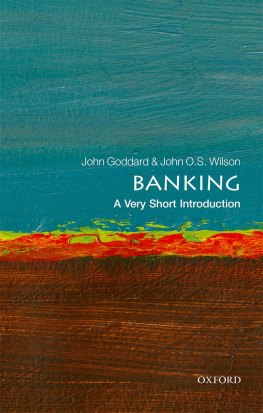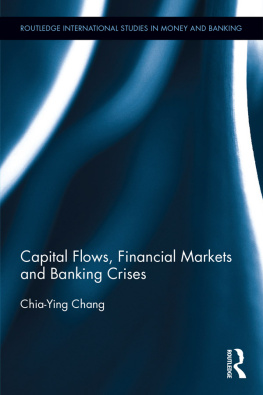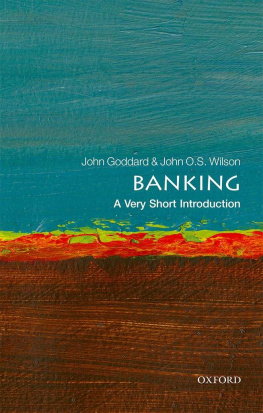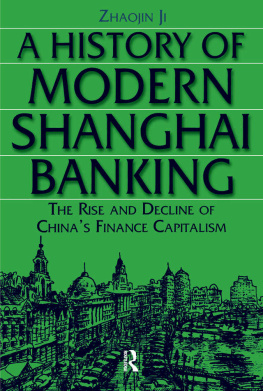THE RESTRUCTURING OF
CAPITALISM IN OUR TIME
The Restructuring of
Capitalism in Our Time
William K. Tabb
COLUMBIA UNIVERSITY PRESS NEW YORK
COLUMBIA UNIVERSITY PRESS
Publishers Since 1893
NEW YORK CHICHESTER, WEST SUSSEX
cup.columbia.edu
Copyright 2012 Columbia University Press
All rights reserved
E-ISBN 978-0-231-52803-0
Library of Congress Cataloging-in-Publication Data
Tabb, William K.
The restructuring of capitalism in our time / William K. Tabb.
p. cm.
Includes bibliographical references and index.
ISBN 978-0-231-15842-8 (cloth : alk. paper) ISBN 978-0-231-52803-0 (electronic)
1. CapitalismPolitical aspects. 2. Financial crises. 3. FinanceLaw and legislation. 4. Monetary policy. 5. Banks and banking. I. Title.
HB501.T313 2012
332dc22
2011008941
A Columbia University Press E-book.
CUP would be pleased to hear about your reading experience with this e-book at .
References to Internet Web sites (URLs) were accurate at the time of writing.
Neither the author nor Columbia University Press is responsible for URLs that may have expired or changed since the manuscript was prepared.
CONTENTS
I first wrote about the growth of financialization in a paper entitled Finance and the Contemporary Social Structure of Accumulation presented at the Conference on Growth and Crisis, Social Structures of Accumulation Theory and Analysis, November 24, 2006, at the J. E. Cairnes Graduate School of Business & Public Policy, National University of Ireland, Galway, Ireland. The paper was subsequently published in Contemporary Capitalism: Social Structures of Accumulation Theory for the Twenty-First Century, edited by Terrence McDonough, Michael Reich, and David M. Kotz (Cambridge University Press, 2010). Another formative piece was The Centrality of Finance, written for the Journal of World-Systems Research 13, 1 (2007), in which I worked out the extent of financialization and its role in the contemporary world system Some of the material from chapter 9 is included in an essay I was asked to write for the Oxford University Press Handbook on the Political Economy of Financial Crises, edited by Gerald Epstein and Martin H. Wolfson, which is in preparation.
The social structure of accumulation and world system thinking regarding globalization are central to this book. I have been influenced by my years of teaching and thinking about American economic history and the perennial questions of money and banks, their regulation and impacts, and by teaching money and banking and industrial organization courses. The dominant literatures and theoretical approaches of these fields, and of mainstream macroeconomics, have not sat well with my understanding of the world. I have benefited over the years from conversations with Michael Edelstein on, among other topics, the role of banking in American history, with Harvey Gram on Keynes, and with Thom Thurston regarding mainstream macroeconomic theory.
My thanks go to the Warner Fund of the University Seminars at Columbia University for financial support in the preparation of the manuscript; to participants in three of the seminarson Full Employment, Social Welfare, and Equity; Political Economy and Contemporary Social Issues; and Globalization, Labor, and Popular Strugglesfor their comments; to Irene Zola and Anita OBrien for perceptive editing assistance; Pat Perrier for masterful indexing; Leslie Kriesel for her good cheer in so efficiently facilitating the production of the book; and most definitely to my philosopher daughter Kathryn C. M. Tabb for conversations on how we know what we think we know. Specialists in the many literatures upon which this book draws may find things to take exception to and are advised to direct any criticisms to Professor Emeritus Irving Gershenberg, who resides in Berkeley, California, and is solely responsible for all remaining errors.
The title of this book as submitted to the press was Financialization: The Appropriations of Finance and the Restructuring of Capitalism in Our Time. I agreed that the shorter, broader title could be used since, as suggested by in-house decision makers, it better conveys the breadth of coverage, going beyond aspects of financialization. I hope that the centrality of finance that I privilege remains the focus of reader attention even as other issues receive their due: globalization, shifting patterns of economic and political power in the world system, and the need for economic democracy to infuse our politics if we are to find a more felicitous outcome to the continued unacceptable economic conditions under which most Americans and others around the world live.
This book is dedicated to my wife Margaret Mikesell Tabb, for all the usual reasons, and then some.
The U.S. has the worlds most diverse and efficient capital markets, which reward, and even celebrate, risk-taking.
THOMAS FRIEDMAN , 1997
Its dispiriting indeed to watch the United States financial system, supposedly the envy of the world, being taken to its knees. But thats the show were watching, brought to you by somnambulant regulators, greedy bank executives and incompetent corporate directors.
This wasnt the way the ownership society was supposed to work. Investors werent supposed to watch their financial stocks plummet more than 70 percent in less than a year. And taxpayers werent supposed to be left holding defaulted mortgages and abandoned homes while executives who presided over balance sheet implosions walked away with millions.
GRETCHEN MORGENSON , 2008
N ot long ago the near collapse of the financial system discredited the excessive financialization central to contemporary American capitalism. History suggests a prolonged transformative crisis, one made worse by macroeconomic policy errors, including in the handling of the debt ceiling, and by overoptimism regarding the self-healing powers of the market. As banks and the stock market recovered, the conversation moved to worrying about public debt. Financial reform was presumed to have been achieved; the financial crisis safely consigned to history. This book is a protest against this premature dismissal and suggests we need to understand the damaging role finance has assumed in the economy, the continuing problem of global capital flow imbalances, and the danger of a still worse crisis.
According to the National Bureau of Economic Research committee that dates business cycles, this severe crisis began in December 2007 and ended eighteen months later, in June 2009; the longest and, by most measures, deepest recession since the Second World War. However, efforts to bracket the period 20079 as the Great Recession, with a beginning and an end followed by an economic recovery, obscure the manner in which excess financialization continues to contribute to high unemployment, extreme inequality, and stagnant living standards. It also underestimates how close the world came to another Great Depression. Federal Reserve Chairman Ben Bernanke told the federal inquiry commission in a closed-door session on November 2009 that as a scholar of the Great Depression, I honestly believe that September and October of 2008 was the worst financial crisis in global history, including the Great Depression. He estimated that of the thirteen most important financial institutions in the United States, twelve were at risk of failure with a period of a week or two (Financial Crisis Inquiry Commission 2011:354). At the time he was hardly alone in this judgment.

